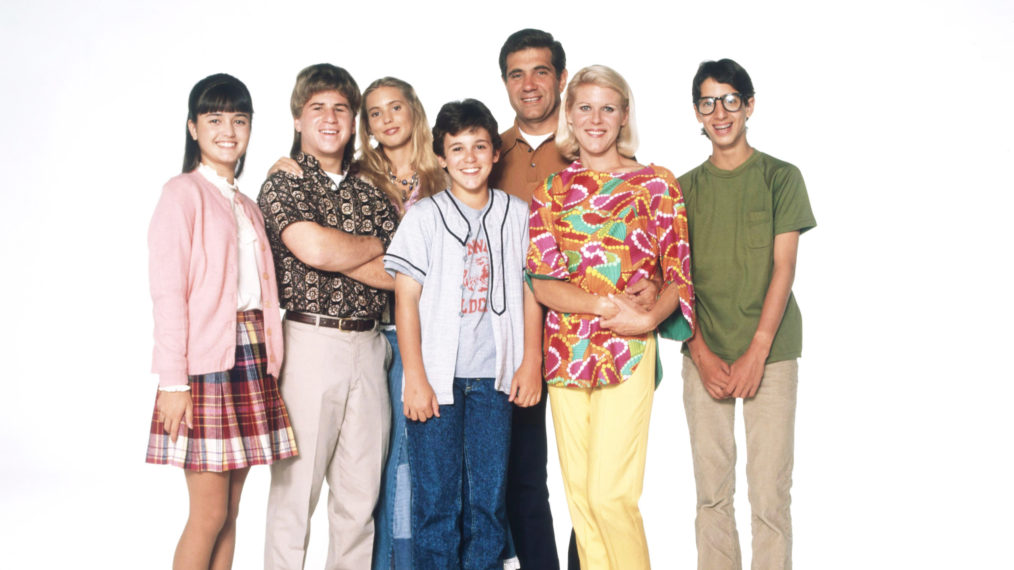Hey my friends! It’s been too long…and so much of my time and creative energy has been consumed in finishing my dissertation (Chapter 5, here we come)! One of the best parts of being a teacher is getting to learn from my students. These young folks often provide viewpoints and life lessons during the simplest of interactions.
I often do class roll call with a “question of the day.” Although the process eats up a few extra minutes of class time, it gets the students talking, wakes up their brains, and even produces some disarming humor…all while we get to know each other a bit better. Last week, one of my students suggested the question for the day: What time period do you wish you had lived within?
Answers were all over the map. Two students wanted to see if they could hunt dinosaurs. Others yearned for the early 2000’s of their youth. Several young ladies wanted to experience the Roaring 20’s. My favorite answers, however, came from those who wished they had grown up in the 1980’s or 1990’s. My smile beamed in the classroom; after all, those were MY eras.
\When I asked them why they had selected these decades, some answers were predictable. The clothes. The music. The movies. I couldn’t help but wonder if these 18-to-20 somethings were living out some simulated nostalgia from binge watching “Stranger Things.” Then several students gave answers that I didn’t expect: They wanted to live in a time before social media.
I’ve often remarked that I count myself as blessed to have experienced my youthful bad decision making in the absence of smart phones or Facebook. For the most part, the stupid choices and poor judgement calls of my Gen-X friends live on in oft-repeated stories and anecdotes, tales that get taller with time and still produce cringes and laughs 20-30 years later. Some memories are fresh while others fade with time, washing into the patchwork quilt of our pasts.
Unlike the young people who are reliving our glory days through Spotify and Netflix, however, my generation bore few permanent scars from our misgivings. No online documentation of a night-too-long and morning-too-soon exists. No drunk texts to be sent to all of our friends or revealing digital photos to be shared, liked, and commented upon. Never have we had to worry that a future employer would be determining our future with their companies based on an evening of bad decision making when our adult lives had barely begun.
It’s no wonder to me that so many of my students have to be urged to speak up in class; despite my assurances that mistakes are ok and that perfection is not required to participate, they have grown up in a world that judges everything and forgets nothing. Before their adult teeth have arrived, they have been chewing and swallowing digital media on smart phones, wrestling with issues of personal identity, self-esteem, and comparing the quality of their lives against others, basing their own satisfaction on the ability to measure up to someone else’s photoshopped life.
I have so many fond memories of playing with my brother in the backyard from when I was a pre-teen, building forts and putting our GI Joe action figures (alongside Star Wars, superheroes, dinosaurs, and any other plastic playthings within reach) on adventures. We were in the moment, caught up in our own storylines and plot twists. Never would we have given a thought to post pictures of these good times, to show others what they were missing out on. Generation Z, however, lost these trappings of youth early on. Action figures and Barbie dolls, simple foils for imagination and imprint, gave way to more sophisticated electronic friends. I died a little when Toys R Us went bankrupt, a casualty of age compression and a generation that had been quickly encouraged to put down their playthings in exchange for iPads.
I find it both thrilling and sad to see such a yearning for a simpler time coming from the youngest of us. They find security in the building of family bonds and dinners without smartphones on “The Fresh Prince of Bel Air.” They seek summer adventures with friends, on bikes and outdoors with “Stranger Things.” They discover the lessons of coming of age with “the Wonder Years” and “Boy Meets World.” In so many ways, these young folks have built their nostalgia on content that was already nostalgic to another generation. They find action and entertainment in watching protagonists figure out plots without the aid of a wireless device or access to the entirety of human history at the click of a button. They find fulfillment by watching people talk to other people without using a screen.
I find a spark of hope that, like the alcoholic who would love to put down the drink, some digital natives, born into a world of addictive connectivity, are longing for disconnection. Even if we seemed trapped into this technological web, a desire for a less integrated existence is a reason to be optimistic. These young people, robbed of their backyard forts and action figure adventures, might be inclined to forestall adulthood for their own children.
After a final student stated that he wished we could live in a time without social media, I simply responded that “we can.” After all, every phone still has an off button. It’s not always easy to find, but I assure you it’s there.







Comments
Post a Comment